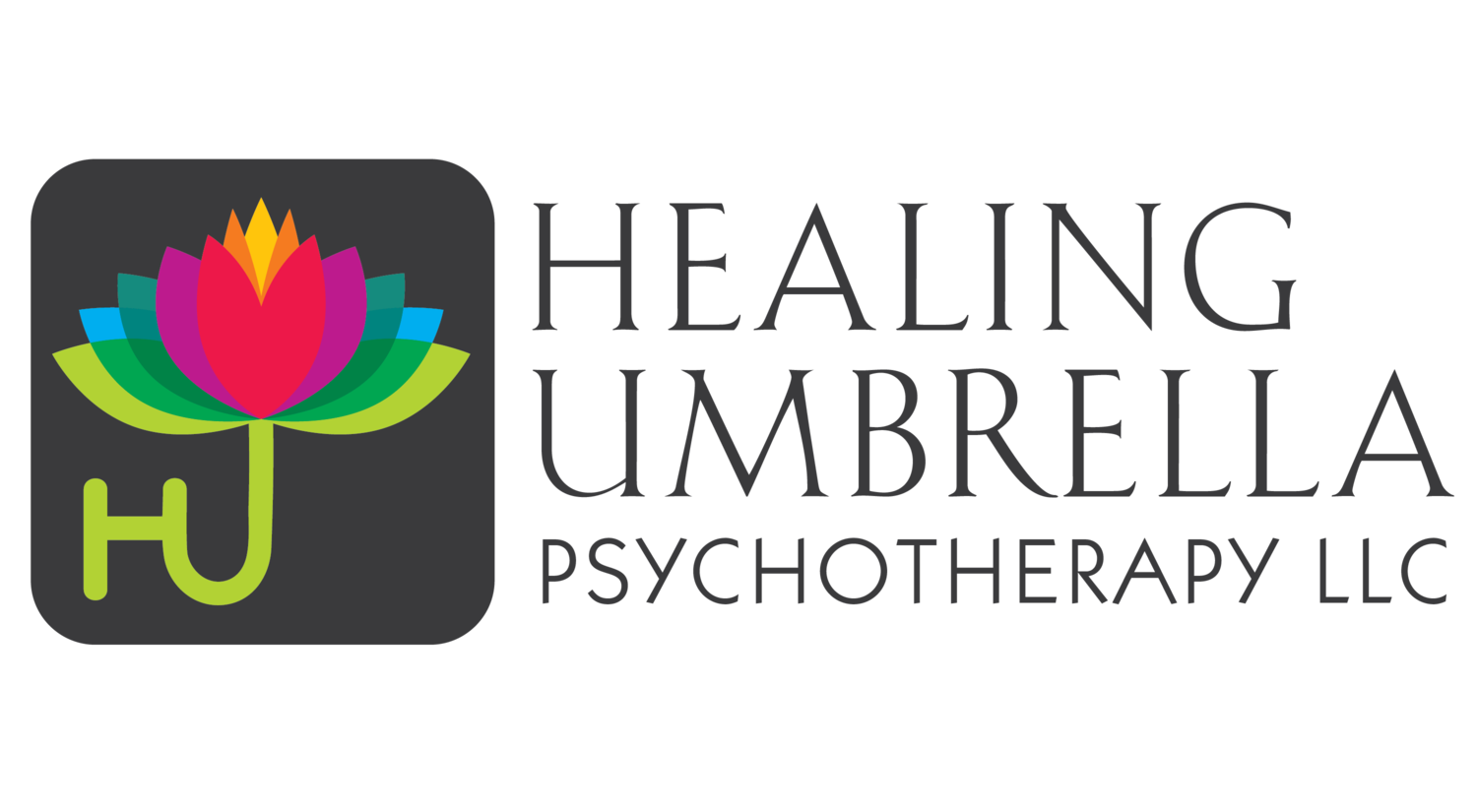
LGBTQ+ Mental Health Training
LGBTQ-affirming, neurodivergent-affirming, and trauma-informed trainings by Healing Umbrella and Partner Organizations
Moving OCD Beyond Media Stereotypes and Exposure Therapy
A Neurodiversity-Affirming Approach to Understanding and Treating Obsessive-Compulsive Disorder in LGBTQ+ and Marginalized Populations
November 22, 2024, 11am - 2pm CST
Online
This 3-hour continuing education training will provide an introductory foundational overview of obsessive-compulsive disorder (OCD), including neurodiversity-affirming implementation strategies of the “gold standard” treatment, Exposure Response Prevention. It will also explore important considerations for working with queer and trans/nonbinary individuals and unique manifestations of OCD within these communities, utilizing a neurodiversity-affirming, trauma-informed lens to providing care focusing on the nervous system, embodied safety, and a systems framework.
Obsessive compulsive disorder is a widely misunderstood diagnosis. Often perpetuated by media perceptions as being a quirky, lighthearted personality trait that one chooses to adapt, OCD is often misunderstood for its frequently debilitating nature. The gold-standard treatment for OCD, as deemed by evidence-based research, is a model that is based on habitual learning and the idea that through gradual exposure to feared stimuli, individuals can correct their learned “over-responses” to “irrational threats.” Unfortunately, this behavioral approach can also conflict with ethical principles of autonomy and justice, allowing individuals agency to make an informed decision about sometimes uncomfortable and dysregulating experiences and continuous opportunities to say no without being pathologized as avoiding or offering sustainable alternatives.
The exposure response prevention model also largely fails to consider the ways in which compulsions are often safety seeking behaviors that were often shaped in environments where they may have been effective in meeting one’s needs. There is a largely under-explored overlap of OCD and autism, which is important because autistic nervous systems do not habituate the same as allistic nervous systems, which can lead to flooding and dysregulation instead of the intended habituation learning model upon which the exposure response prevention relies. Especially as US legislation continues to attempt to erase and heighten safety + access concerns for queer, trans and nonbinary individuals, it is important to understand the ways in which what is deemed obsessive thinking or compulsive behavior are inextricably tied to unsafe environments and a discrepancy between individual safety and lack of community protection. It makes sense that there would be a heightened internal sense of responsibility, common in individuals with OCD, and an increase in the desire to maintain a sense of control and safety when these human needs are not being met by larger systems in which we must fight to survive.
This training will help providers to first understand OCD and traditional approaches. It will then challenge these models and explore important considerations for LGBTQ+ and other marginalized communities, offering an attachment, nervous system + safety informed approach to providing much needed trauma-informed, neurodiversity affirming, and queer-affirming care.
Learning Objectives
Identify the criteria in the DSM for obsessive-compulsive disorder and name at least two common misconceptions perpetuated by media.
Describe three neurodiversity-affirming implementation strategies of the “gold standard” treatment for obsessive compulsive disorder, Exposure and Response Prevention.
Describe unique vulnerabilities and presentations of obsessive-compulsive disorder within the trans/nonbinary community and implement clinical strategies unique to this population.
Identify at least three special considerations or potential drawbacks of the traditional treatment model when working with marginalized groups.
Describe and implement three effective queer-affirming, trauma-informed, and neurodivergence-affirming intervention strategies that aid in the identification and “treatment” of obsessive-compulsive disorder.
About the Trainer
Reece Thomas, LPC-MHSP(temp) is a therapist at Healing Umbrella Psychotherapy in Nashville, TN, specializing in neurodivergence including OCD and autism utilizing a deconstructionist, trauma-informed, and sex-positive approach with their clients. They are passionate about helping the LGBTQ+, BIPOC, neurodivergent, and other marginalized communities to feel safe inside their bodies and untangle early child messages based in trauma. Reece holds a master's degree in Clinical Rehabilitation and Mental Health Counseling from the University of North Carolina, Chapel Hill.
Read Reece’s blog post: Scrupulosity: The Intersection of Religious Trauma and OCD


